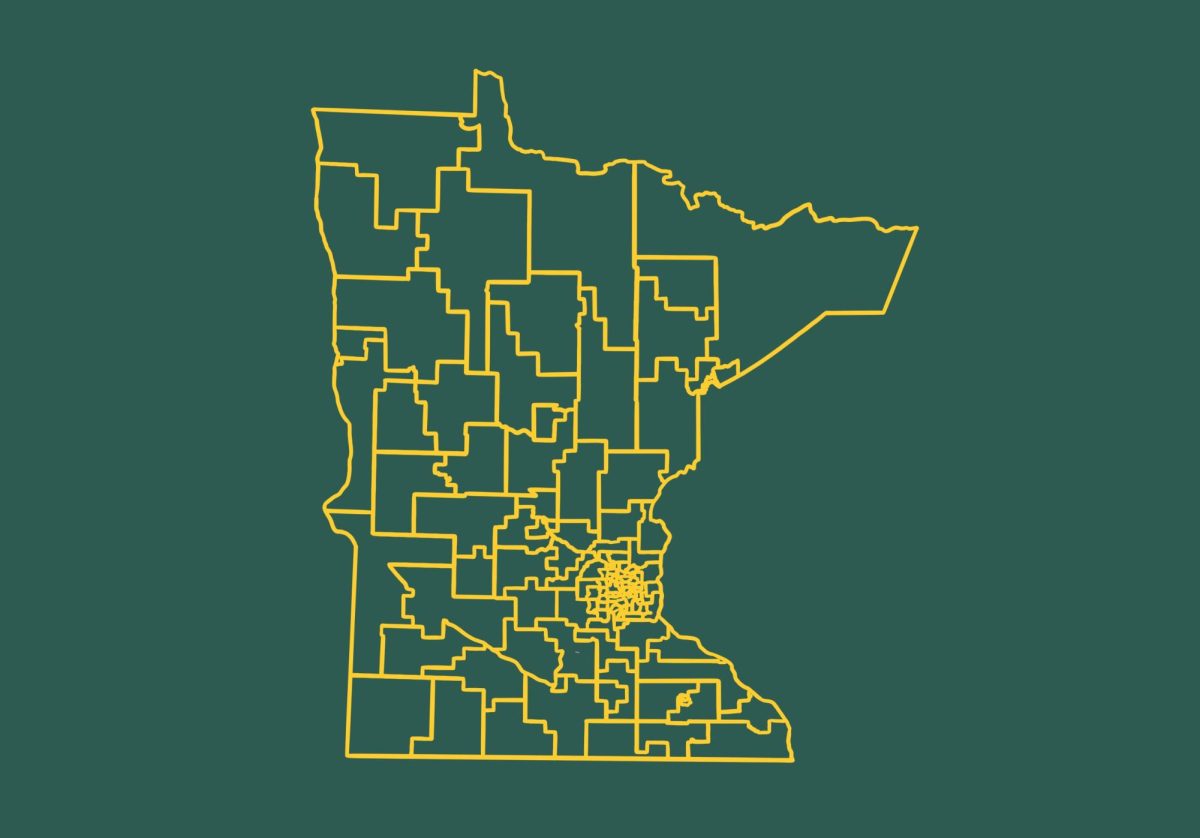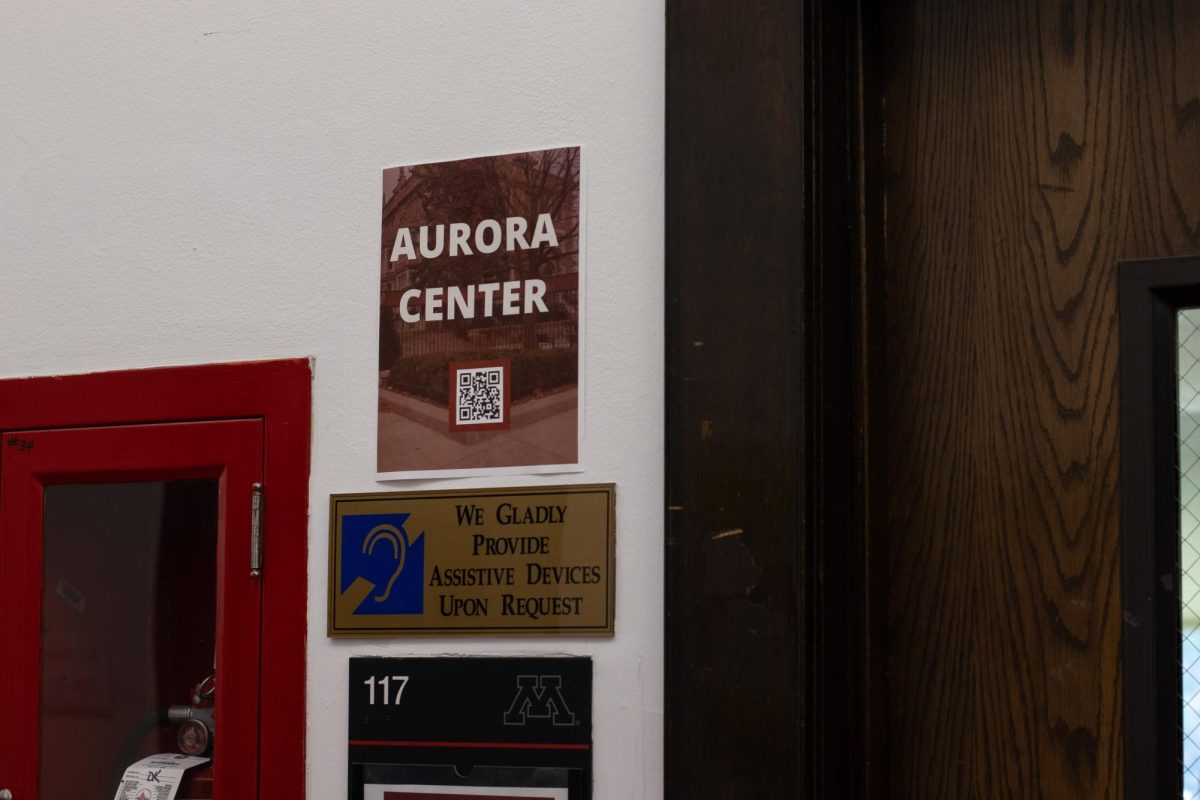Last week, the Minnesota Daily published a piece that detailed the stained college experience of low-income students. As the price of a college education continues to soar, a degree becomes less attainable and more necessary than ever before. I have, on numerous occasions, questioned whether my mounting students loans, two jobs, endless strings of essays, late night caffeine boosts and study dates with overtired friends are worth my time and effort.
I have worked full-time while attending school full-time. I’ve held up to 3 jobs at one time. I’m a financially independent student, and I am constantly struggling. The balancing act of being a student who’s stressed, fatigued, trying to decide what they want to do with their life, paying bills and dealing with unhappy bosses is a tireless struggle. This common reality is not often recognized by the University of Minnesota.
Around twenty-three percent of University students receive Pell Grants. Universities across the nation continue to preach achievements in economic diversity, all without bending standards or making compromises to accommodate for those students.
Other schools, like the University of Chicago, have instituted programs that help low-income students navigate a perplexing and insufficient financial aid system, as well as replace loans with need-based grants that don’t have to be repaid. Students can also apply to UChicago without paying an application fee. Mentorships are offered to guide students through the endlessly confusing applications, job searches and more.
After UChicago identified it had the lowest number of students receiving Pell Grants among elite universities in the U.S., it implemented a program to diversify its student body. These efforts recognize the struggles of those who may not have the same financial resources as their peers, but have the same drive, skill and aptitude.
The difference at our University is that a large number of these students already exist, and our school isn’t doing enough to acknowledge it. Even if resources like Pell Grants were available to more students, funds are always scare and inadequate. Eligibility to receive Pell Grants is based on expected family contributions. EFC is not based on what your family can give, but rather the government’s interpretation of that. In other words, it has no basis in reality.
As no solutions seems to be arriving on the national scale while degrees become a less and less feasible feat, the University is doing little to cut student costs. Although University President Eric Kaler managed to keep in-state tuition relatively flat over the past few years, the University should work toward increasing resources for low-income students.
We are the students who budget meticulously and spend long hours working and studying. We deserve to be recognized by the University that we bend over backwards to attend. The so-called “great equalizer” is failing those of us who start out in unmatched circumstances. Unless something changes, we will always be playing catch up.







